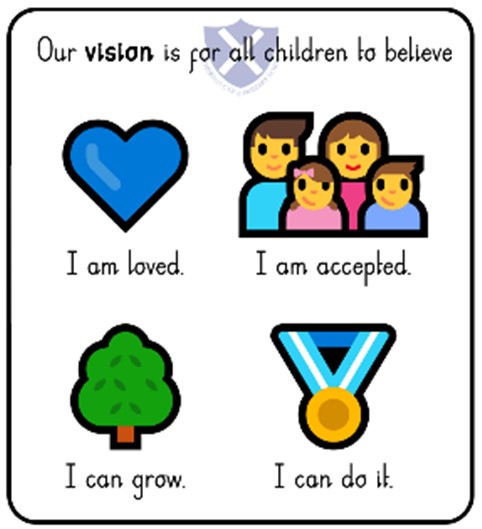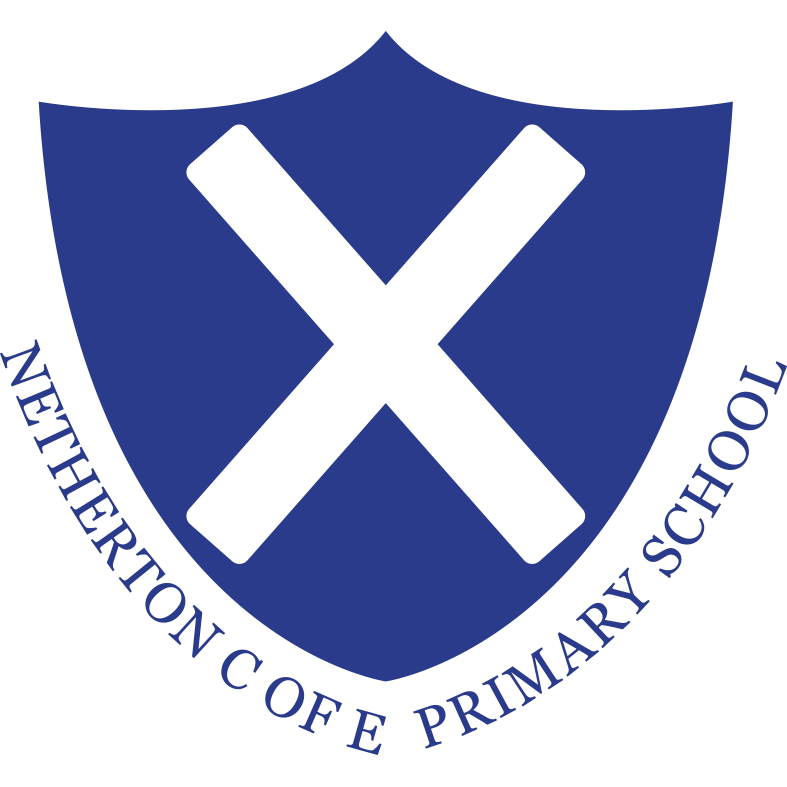History
 Intent
Intent
At Netherton C E Primary School, we want all children to be happy and enthusiastic learners of history and eager to achieve their best. Learning about History has always been held in high regard and gives children opportunities and experiences they may not experience elsewhere. We place a high importance on our rich local history threading it through KS1 and KS2’s programmes of study. This enables the children to make links to their local area and compare this with the wider community and other contexts. Topics have been informed by the National Curriculum and are sensitive to our children’s interests as well as the context of the local area.
Our history curriculum aims to inspire our pupils’ curiosity to know more about the past and make connections between different time periods and societies. This compliments our school vision strand of ‘I can grow’. Our aim is to place emphasis on chronology and allow our children to transfer skills between areas of study and make meaningful connections. History helps children to understand the process of change, the diversity of societies, including those locally, as well as their own identity. Our history curriculum will equip the children to ask perceptive questions, observe carefully, make inferences from sources, think critically and weigh evidence.
Our overall aim is for children to see history as an on-going process not a one-off event because ‘The more you know about the past, the better prepared you are for the future.’ Theodore Roosevelt.
Implementation
To ensure high standards of teaching and learning in history, we implement a progressive curriculum across the whole school. History is taught weekly in alternative half terms. Therefore, each year group will undertake three units of history per year. These units of work focus on the knowledge and skills outlined in the National Curriculum. As well as a skills and knowledge based curriculum, trips and visitors enrich the lives of our children. At Netherton, we feel it is important to handle artefacts and to gain ‘real life’ experiences. For example, using the local church to support our remembrance topic in KS1. Each unit of history provides opportunities to apply reading and writing skills as a means of gaining and sharing knowledge. Emphasis is placed upon analytical thinking and questioning which helps children gain a coherent knowledge and understanding of Britain’s past and that of the wider world making them curious to know more about the past. During the Summer Term, the whole school will undertake a Local History topic known as ‘Our Heritage Project’.
The teaching of history is monitored by the subject leader through lesson observations, work scrutiny, staff feedback and pupil voice. The subject leader supports staff to ensure high quality first teaching of history.
Impact
By the end of Year 6, children will have a chronological understanding of British history from the Stone Age to the present day. They are able to make connections between different time periods. Interlinked with this are studies of world history, such as the ancient civilisations of Greece, Rome and Egypt. Outcomes in history books evidence a progressive, broad and balanced history curriculum which demonstrate the children’s acquisition of key vocabulary and knowledge. Children gain knowledge on their local area to help them understand the importance of where they come from and how it has changed over time; enabling them to become enthusiastic about past events and understand how they shape our lives today. Experiences outside the classroom impact on pupils’ knowledge and understanding. Through the explicit teaching of History skills, both the teachers and the pupils assess their learning at the end of the lesson by identifying which skills they have used as well as completing an exit ticket to assess key knowledge. . At the end of the unit, pupils complete a final exit ticket to reflect on their knowledge and understanding. Our assessment systems enable teachers to make informed judgements about the depth of their learning and the progress they have made over time. Children talk enthusiastically about their learning in history and are eager to further their learning in the next stages of their education, leaving Netherton with the skills of a historian and a love of learning for the subject.
Characteristics of a Historian
- The ability to understand that history is all around us; the desire to find out about where they came from and what shaped their lives.
- An excellent knowledge and understanding of people, events, and contexts from a range of historical periods and of historical concepts and processes.
- The ability to think critically about history and communicate ideas confidently in styles appropriate to a range of audiences.
- The ability to consistently support, evaluate and challenge their own and others’ views using detailed, appropriate and accurate historical evidence derived from a range of sources.
- The ability to consider bias and propaganda when analysing sources.
- The ability to think, reflect, debate, discuss and evaluate the past, formulating and refining questions and lines of enquiry.
- A passion for history and an enthusiastic engagement in learning, which develops their sense of curiosity about the past and their understanding of how and why people interpret the past in different ways.
- A respect for historical evidence and the ability to make robust and critical use of it to support their explanations and judgments.
- A desire to embrace challenging activities, including opportunities to undertake high-quality research across a range of history topics.
Potential Careers
- Teacher
- Museum education officer
- Lecturer
- Documentary maker
- Academic researcher
- Academic Librarian
- Museum curator
- Archaeologist
- Palaeontologist
- Heritage Manager
- Politician
Road Map
History Road Map
Knowledge Organisers
Year 1 - Toys
Year 2 - Significant Individuals - Nurses
Year 3 - Ancient Egypt
Year 4 - Early Islamic Civilisation
Year 5 - The Stone Age
Year 6 - Anglo Saxons
